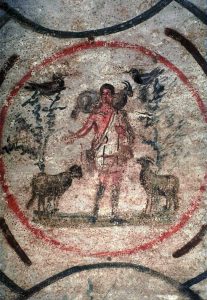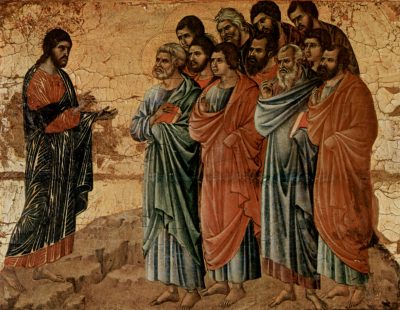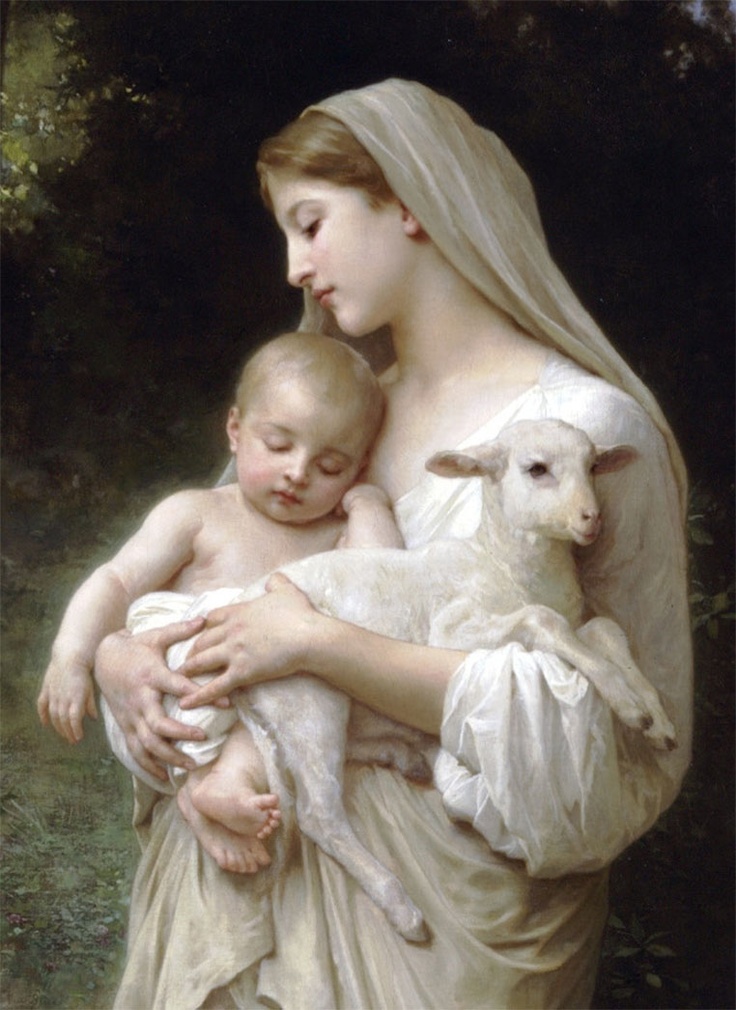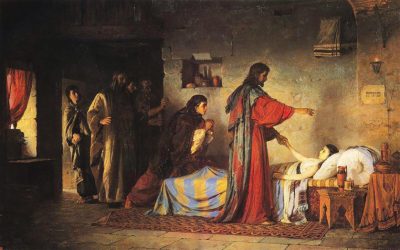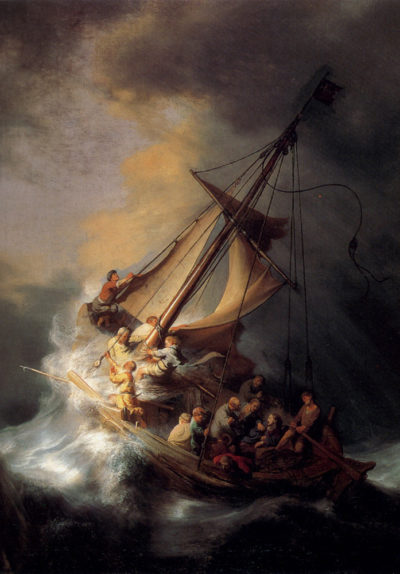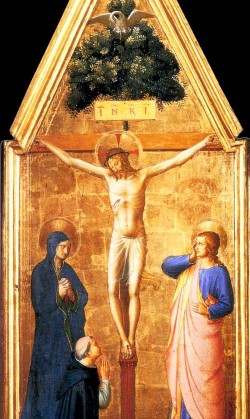Sunday Bible Reflections
This Sunday
Bread Left Over: Scott Hahn Reflects on the Seventeenth Sunday in Ordinary Time
Today’s liturgy brings together several strands of Old Testament expectation to reveal Jesus as Israel’s promised Messiah and King, the Lord who comes to feed His people.
Notice the parallels between today’s Gospel and First Reading. Both Elisha and Jesus face a crowd of hungry people with only a few “barley” loaves. We hear similar words about how impossible it will be to feed the crowd with so little. And in both the miraculous multiplication of bread satisfies the hungry and leaves food left over.
One Flock: Scott Hahn Reflects on the Sixteenth Sunday in Ordinary Time
As the Twelve return from their first missionary journey in today’s Gospel, our readings continue to reflect on the authority and mission of the Church.
Jeremiah says in the First Reading that Israel’s leaders, through godlessness and fanciful teachings, had misled and scattered God’s people. He promises God will send a shepherd, a king and son of David, to gather the lost sheep and appoint for them new shepherds (see Ezekiel 34:23).
The Church’s Mission: Scott Hahn Reflects on the Fifteenth Sunday in Ordinary Time
In commissioning the Apostles in today’s Gospel, Jesus gives them, and us, a preview of His Church’s mission after the Resurrection.
His instructions to the Twelve echo those of God to the twelve tribes of Israel on the eve of their exodus from Egypt. The Israelites likewise were sent out with no bread and only one set of clothes, wearing sandals and carrying a staff (see Exodus 12:11; Deuteronomy 8:2–4). Like the Israelites, the Apostles are to rely solely on the providence of God and His grace.
Son of Mary: Scott Hahn Reflects on the Fourteenth Sunday in Ordinary Time
As we've walked with the apostles in the Gospels in recent weeks, we've witnessed Jesus command the wind and sea, and order a little girl to arise from the dead. But He seems to meet His match in His hometown of Nazareth. Today's Gospel is blunt: “He was not able to perform any mighty deed there.
Arise!: Scott Hahn Reflects on the Thirteenth Sunday in Ordinary Time
God, who formed us in His imperishable image, did not intend for us to die, we hear in today’s First Reading. Death entered the world through the devil’s envy and Adam and Eve’s sin; as a result, we are all bound to die.
But in the moving story in today’s Gospel, we see Jesus liberate a little girl from the possession of death.
In the Storm: Scott Hahn Reflects on the Twelfth Sunday in Ordinary Time
Readings: Job 38:1, 8-11 Psalm 107:23-26, 28-31 2 Corinthians 5:14-17 Mark 4:35-41 “Do you not yet have faith?” Our Lord’s question in today’s Gospel frames the Sunday liturgies for the remainder of the year, which the Church calls “Ordinary Time.” In the weeks ahead, the Church’s liturgy will have us journeying with Jesus and His…
Tree of Righteousness: Scott Hahn Reflects on the Eleventh Sunday in Ordinary Time
In the cryptic message of the prophet Ezekiel, long centuries before the Lord’s coming, God gave His people reason to hope. Ezekiel glimpsed a day when the Lord God would place a tree on a
mountain in Israel, a tree that would “put forth branches and bear fruit.” Who could have predicted that the tree would be a cross on the hill of Calvary, and that the fruit would be salvation?
Sign up to receive Scott Hahn’s Weekly Sunday Bible Reflections


